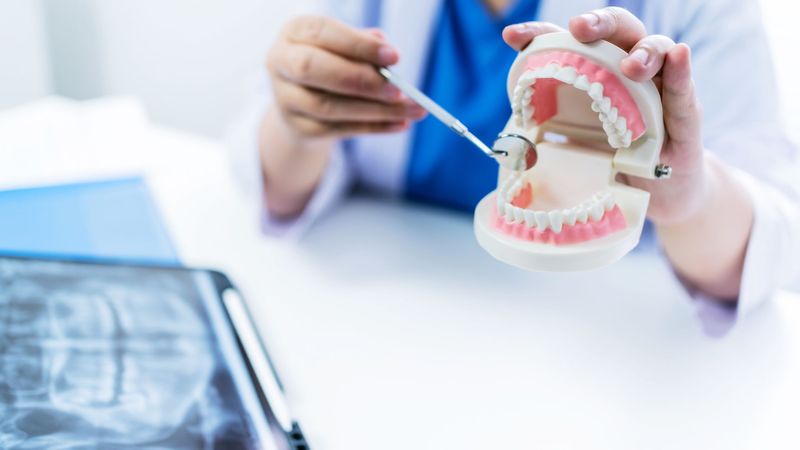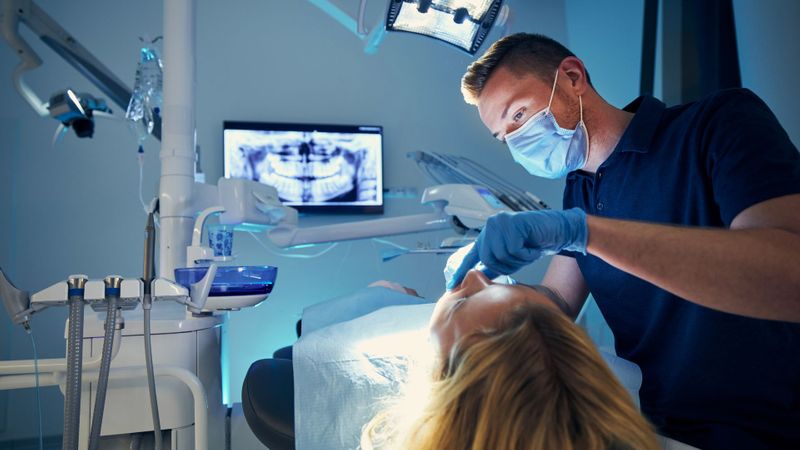Blog
Recent Updates
The Science Behind Facial Surgery: Understanding The Procedures
Facial surgery is a complex and ever-evolving field that encompasses a wide range of procedures aimed at improving the aesthetics and functionality of the face. From corrective jaw surgery to cleft lip/palate surgery, the Alaska Center for Oral & Facial Surgery specializes in providing advanced surgical treatments to patients in Anchorage, AK. Let’s delve into the science behind different facial surgery procedures offered by our board-certified surgeons.
more4 Most Common Oral Surgery Procedures
Oral surgery plays a crucial role in maintaining oral health and enhancing overall well-being. The Alaska Center for Oral & Facial Surgery in Anchorage, AK, stands out as a premier clinic offering cutting-edge surgical solutions led by board-certified surgeons. Let’s dive into the four most common oral surgery procedures that can transform lives and restore smiles so you can make the best decisions for your teeth.
moreWelcome
Welcome to our site! We are in the process of building our blog page and will have many interesting articles to share in the coming months. Please stay tuned to this page for information to come. And if you have any questions about our business or want to reach out to us, we would love for you to stop by our contact page.
Thank you!
more

